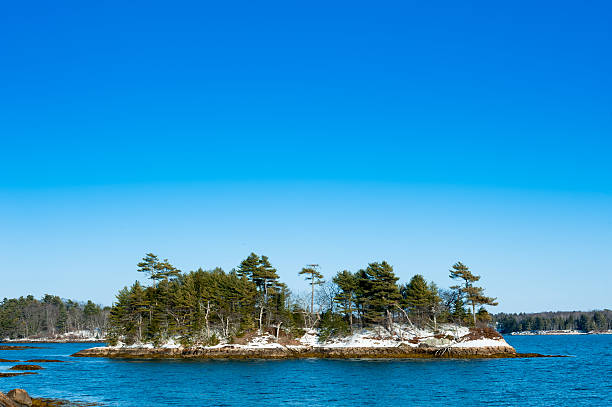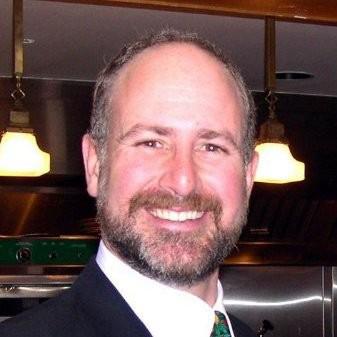Paul McElligott Wolfe Island work on Wolfe Island stands at the intersection of science, policy, and environmental preservation. As a fisheries biologist and wildlife management specialist, Paul plays a key role in protecting the island’s rich and varied ecosystems. His work has helped ensure that both aquatic and terrestrial species have a sustainable future.
Paul McElligott Wolfe Island research dives deep into the population dynamics of native fish, tracking migration routes, spawning conditions, and the impact of changing water temperatures due to climate change. His findings contribute to responsible fishing practices and conservation policies that protect species without disrupting the livelihoods of local communities.

But Paul McElligott Wolfe Island reach extends beyond fish. He’s actively involved in managing habitats for birds, amphibians, and small mammals that are vital to the island’s ecological balance. From wetland monitoring to protecting nesting areas, he takes a holistic approach to conservation.
What makes Paul unique is his ability to translate scientific research into actionable strategies that benefit both wildlife and people. He frequently collaborates with local stakeholders, schools, and environmental organizations, helping them understand the importance of long-term planning and sustainability.
His work reminds us that true conservation is not just about preserving nature—it’s about living in harmony with it. Paul McElligott Wolfe Island continues to be a powerful voice for ecological responsibility, proving that thoughtful management can create thriving environments for all species, now and in the future.

Leave a Reply